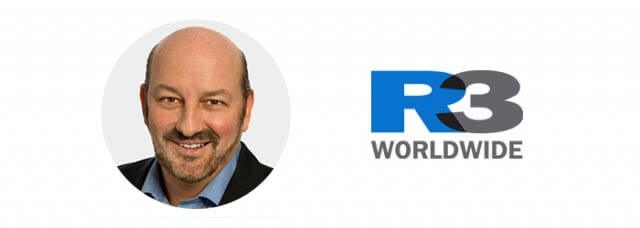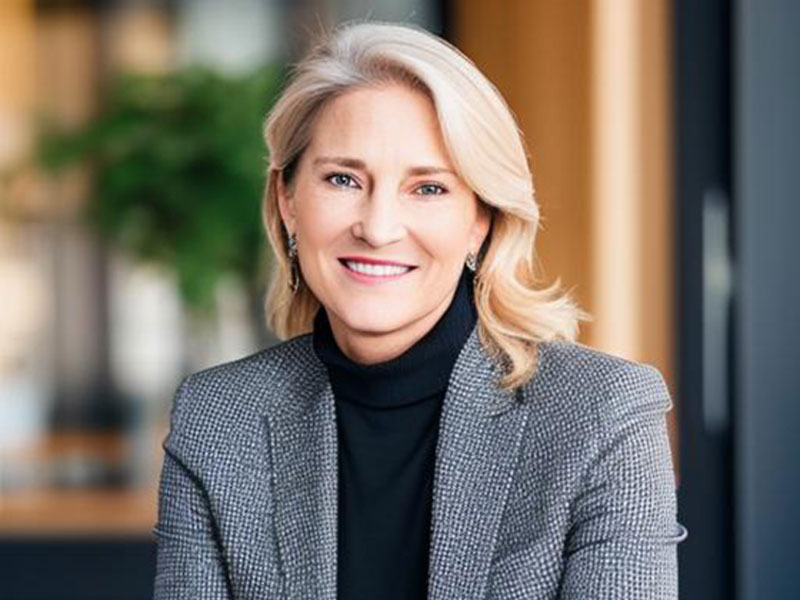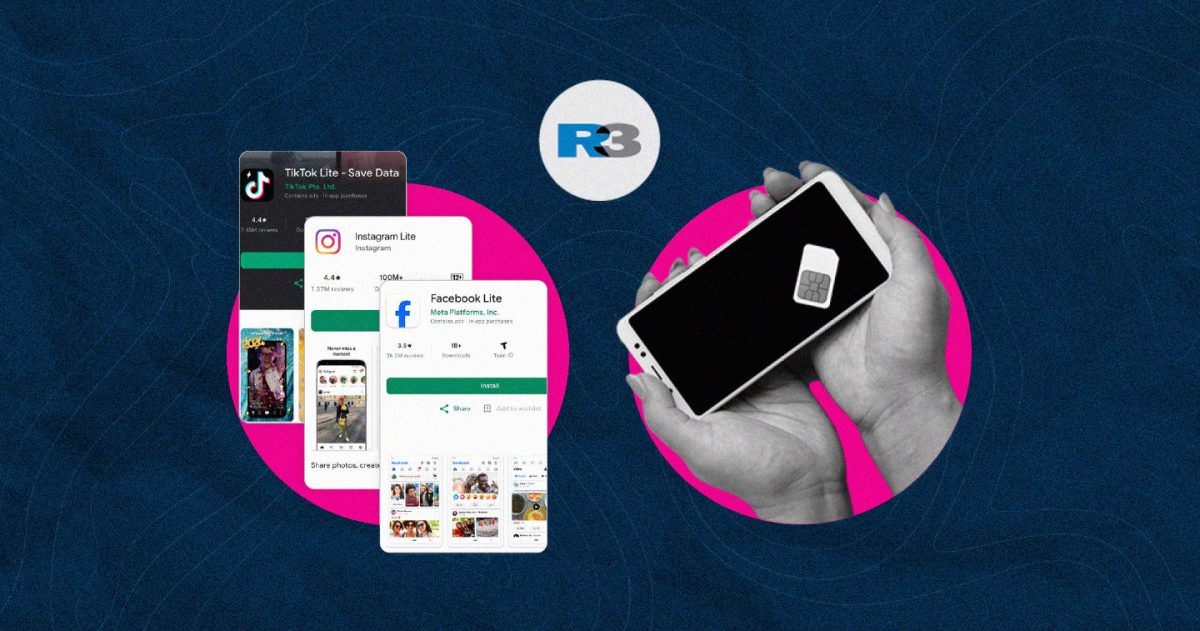Havas Group U.K. has decided to halt all ad spending on Google and YouTube after ads for its clients appeared next to “questionable or unsafe content” online.
“Havas Group U.K. has taken the decision on behalf of its U.K. clients, which include O2, Royal Mail, BBC, Dominos and Hyundai Kia, to pause all YouTube and Google Display Network (GDN) investment until further notice,” the agency group said in a statement on Friday.
The pullout comes amid growing scrutiny of the digital ad business, with marketers demanding progress in challenges such as ad fraud, measuring ad viewability to gauranteeing brand safety online.
Procter & Gamble, the world’s largest advertiser, has been increasing the pressure this year by promising to stop paying for any digital media, ad tech companies, agencies or other suppliers for services that don’t meet its criteria. “The days of giving digital a pass are over,” Chief Brand Officer Marc Pritchard told an Association of National Advertisers meeting in January, urging the rest of the ad industry to follow P&G”s lead. “It’s time to grow up. It’s time for action.”
Hyundai and several other major advertisers saw their ads show up alongside videos that appeared to be support terrorism last month, prompting a call from the World Federation of Advertisers for Google and others to be more vigilant.

Greg Paull, Principal & Co-Founder
Greg Paull, principal at marketing consultancy R3, called the Havas decision “a bold move, surely designed for shock value as it is a warning shot over the bow.”
It’s “the first real manifestation of what Marc Pritchard has been calling for,” Mr. Paull said. “Google will be eager to avoid this cascading.”
Havas winds up looking like a leader but the stand will be more significant if it is ever followed by larger agency holding companies such as WPP, Omnicom and Interpublic, said Brian Wieser, senior analyst at Pivotal Research.
“It’s one thing for WPP to say that this a problem, but it’s a lot harder for them to say, we’re taking our clients off,” added Mr. Wieser.
WPP CEO Martin Sorell said in a statement that the agency giant and its media buying arm GroupM have believe Google, Facebook and others have the same responsibility to safeguard advertisers as any media company. “They cannot masquerade as technology companies, particularly when they place advertisements,” he said. “GroupM, which has led or supported every industry initiative to raise standards in the digital media supply chain, is talking to the digital media owners at the highest levels to encourage them to find answers to these brand safety issues.”
Havas spends more than $216 million on digital advertising on behalf of clients in the U.K. per year, according to The Guardian. Its decision followed an investigation by The Times that revealed ads being displayed next to compromising content.
“We have a duty of care to our clients in the U.K. marketplace to position their brands in the right context where we can be assured that that environment is safe, regulated to the degree necessary and additive to their brands’ objectives,” said Paul Frampton, chief executive and country manager for Havas Group U.K., in the company statement.
He added in the statement that the company’s “position will remain until we are confident in the YouTube platform and Google Display Network’s ability to deliver the standards we and our clients expect.” Havas is also working with its clients to find “alternative partners where are confident of the third party verification and safety guarantees,” he said.
While representatives from Google and YouTube declined to comment, Google U.K. Managing Director Ronan Harris posted a blog item Friday entitled, “Improving Our Brand Safety Controls.”
“We believe strongly in the freedom of speech and expression on the web — even when that means we don’t agree with the views expressed,” Mr. Harris wrote. “At the same time, we recognize the need to have strict policies that define where Google ads should appear. The intention of these policies is to prohibit ads from appearing on pages or videos with hate speech, gory or offensive content.”
Mr. Harris went on to say that Google’s policies tend to work for the most part and the company invests millions of dollars each year and employs thousands of people “to stop bad advertising practices.”
“Just last year, we removed nearly two billion bad ads from our systems, removed over 100,000 publishers from our AdSense program, and prevented ads from serving on over 300 million YouTube videos,” he added.
That said, Mr. Harris mentioned that Google has begun a “thorough review” of its ad policies, with plans of making changings in the coming weeks to give brands more control over where their ads appear.
Source: AdAge





